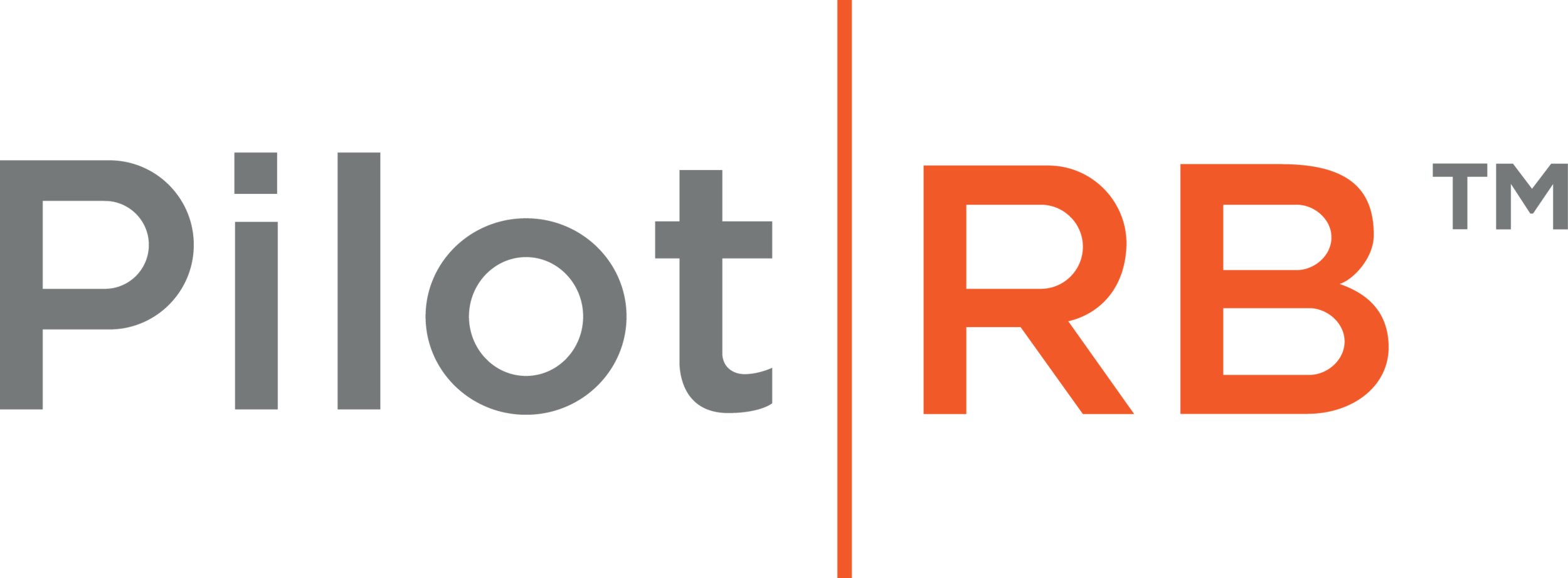When are Voluntary Benefits Subject to ERISA?
Much confusion exists regarding the ERISA status of voluntary benefits offered to employees, such as life insurance, accident and disability insurance. Generally, there are three requirements of the voluntary plan safe harbor:
The benefit plan must be completely voluntary and 100% employee paid, with no employer contributions
Note that salary contributions made on a pre-tax basis through a Section 125 plan are employer contributions, so all employee contributions must be after-tax to meet this element of the safe harbor)
Employer must not endorse the plan
Actions taken by an employer to endorse a plan include selecting the insurer, negotiating the terms of the plan, limiting coverage to select groups or classification of employees, and assisting your employees with making claims for benefits.
Endorsement does not include making the plan available to employees or publicizing the availability of the plan, collecting premiums through payroll on an after-tax basis and submitting the premium payments to the insurer.
Employers cannot receive any compensation that exceeds ‘reasonable reimbursement' for collecting and remitting premium payments.
If the above three criteria are not met, the voluntary plans are subject to ERISA, and as such, must follow the numerous ERISA requirements such as 5500 filing, summary plan description distributions, and fiduciary obligations.
